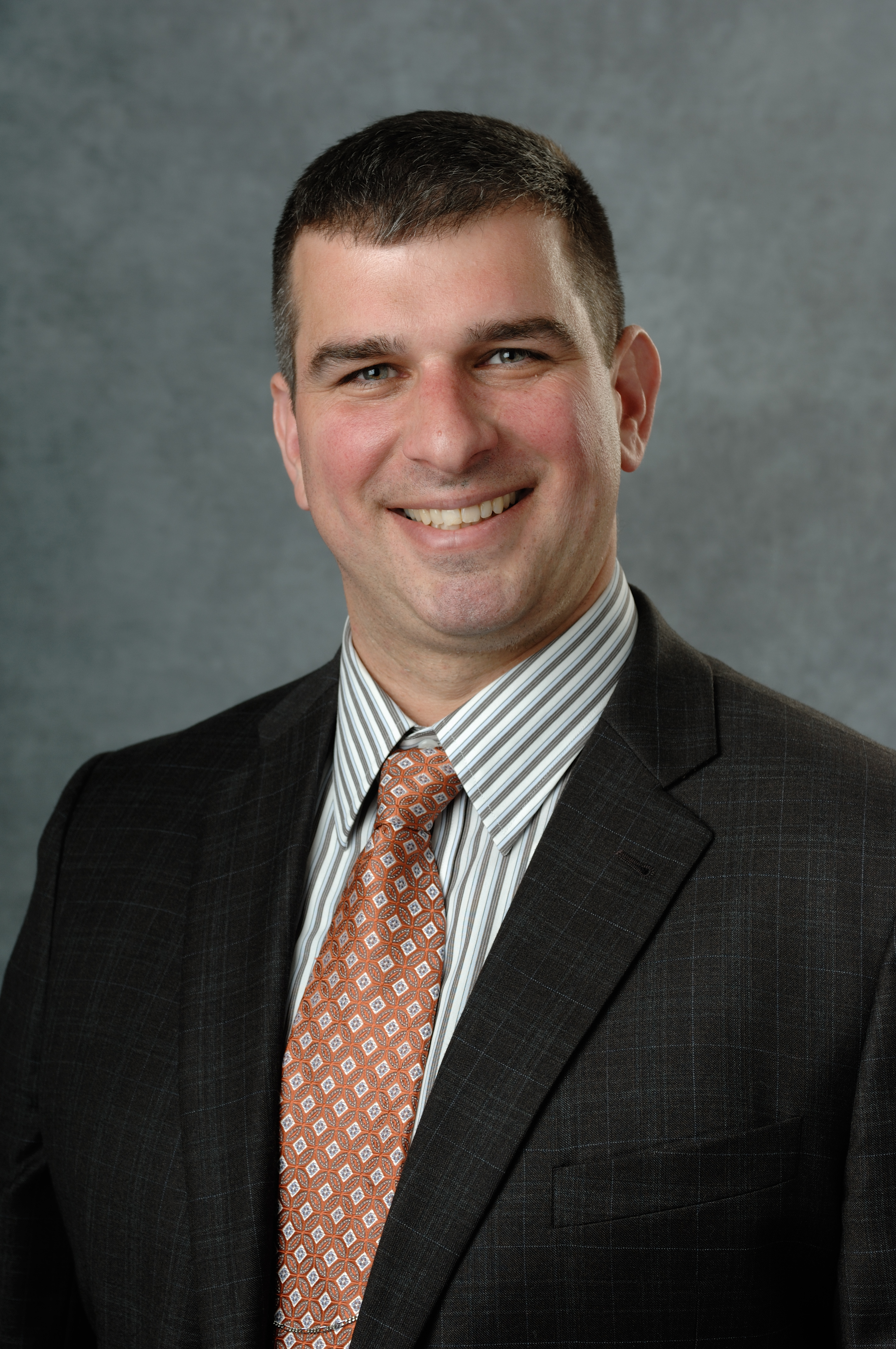MSU Professor Provides Expertise to the State of Michigan
From the Anerobic Digester Research Center to Environmental Permit Review Commissions, Dr. Dana Kirk shares his expertise throughout Michigan

Michigan State University Biosystems and Agricultural Engineering Associate Professor Dr. Dana Kirk has impacts across campus and state. At MSU, Dr. Kirk is an Associate Professor, the Undergraduate Director, and the ABET Coordinator within the Department of Biosystems and Agricultural Engineering. Dr. Kirk's work in Extension with livestock National Pollutant Discharge Elimination System (NPDES) permitting issues and the ADREC research and focus on food waste recovery has led Dr. Kirk to lend his expertise to various boards and commissions throughout the state.

(Dana Kirk)
The Environmental Permit Review Commission (ERPC) was created by Public Act 268 of 2018 to advise the Department of Environment, Great Lakes, and Energy's (EGLE) Director on disputes related to permits and permit applications. The ERPC is made up of 15 individuals appointed by the Governor, and Dr. Kirk was re-appointed in 2021 for an additional four-year term. As part of the commission, Dr. Kirk provides guidance and technical expertise on issues from copper mines to home owner permit disputes. When disputes arise, a three-person panel is selected from the ERPC committee members by the Director. The three-person panel serves as technical experts and provide recommendations regarding an application to the Director that they may take into consideration before deciding on the dispute.
In addition to the Governor appointed position, Dr. Kirk provides expertise to State of Michigan committees and advisory groups. One such group is the Solid Waste and Sustainability Advisory Panel (SWASP) that is part of the Michigan Department of Environment, Great Lakes, and Energy (EGLE). The goal of the advisory panel is to further the state's solid waste, sustainability, and recycling goals. To do so, the panel is working on updating Michigan's solid waste and recycling laws to fit where we are as a society. The current solid waste rules are dated, do not contemplate new technologies and lack incentives for businesses to participate in solid waste and recycling practices. Projects such as NextCycle Michigan are the result of the advisory panel's work. NextCycle is an EGLE initiative that aims to improve Michigan's recycling and waste recovery systems.



 Print
Print Email
Email



